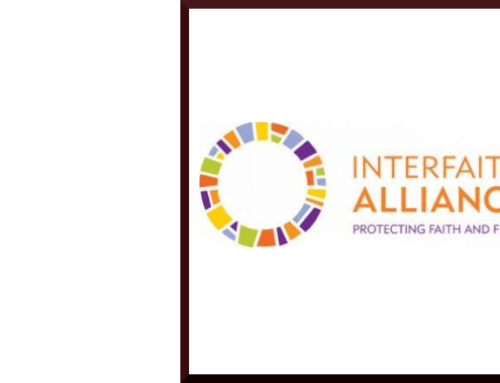Forty-eight Democratic congressmen have signed a letter to Cardinal Theodore McCarrick, Archbishop of Washington, D.C., taking issue with those bishops who have said that Catholic lawmakers should be denied Communion if they champion abortion rights.
Catholic League president William Donohue weighed in today:
“The Democratic congressmen who signed the letter, almost all of whom are pro-abortion, are admonishing the nation’s bishops not to ‘revive latent anti-Catholic prejudice’ by threatening to deny them Communion. This is a classic example of ‘blaming the victim.’ Bishops who call upon Catholic legislators to protect the rights of the unborn lest they jeopardize their Catholic standing are simply exercising their episcopal authority. To suggest that in doing so these bishops are promoting anti-Catholic bigotry is to exculpate the guilty and blame the innocent. If the issue were segregation, would these Catholic Democrats rebuke those bishops who endorsed sanctions against pro-segregation lawmakers? Would they be counseling the bishops to shut up lest they spark Catholic bashing?
“The letter also questions why the bishops have not sought sanctions against Catholic politicians who voted for the war in Iraq or who are in favor of the death penalty. In doing so, these lawmakers evince a profound ignorance: the pope’s position on the war was that it could be resorted to only ‘as the very last option,’ thus allowing room for a legitimate debate on whether that time had arrived. Regarding the death penalty, the Holy Father has never taken an absolutist position against it; he argues that for the most part it is no longer necessary to defend society. In short, war and capital punishment, while never desirable, may sometimes be necessary. By contrast, abortion is intrinsically evil.
“Both the bishops and the Catholic lawmakers have a free speech right to say what they want. But if the latter seeks to cry ‘separation of church and state’ against the former, then it must be equally wrong for Catholic agents of the state to tell the bishops what to do.”






